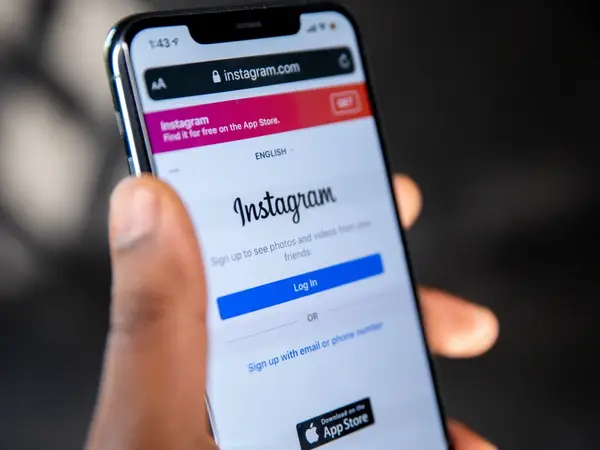A new move in the parliament to restrict freedom of access to global Internet and popular social media platforms has outraged Iranians from every walk of life.
"You have no right to treat people as if they aren't able to make decisions for themselves or as if they are mentally incapacitated…Representatives of people have no right to act against the wishes of their constituents. You can't impose something if people don't want it, even if it's against what you deem beneficial to them," Masoud Pirhadi, chief editor of conservative Resalat newspaper tweeted Tuesday in reaction to the approval of the general outlines of a bill to enforce restrictions on the internet and access to various apps and platforms.
An ad hoc parliamentary committee on Tuesday approved the outlines of the controversial bill ironically entitled 'Legislation to Protect Cyberspace Users'. The legislation results in broad restriction of social messaging platforms and access to the global net, in addition to extensive blockage of thousands of websites and most social media platforms.
Hours later, the parliament's own Regulations and Bylaws Division in a statement said the committee had broken the law in ratifying a different version of the bill referred to it for examination and approval.
Those behind the hasty approval of the outlines of the bill, however, are adamant that their move was legal.
The committee's move added salt to the wounds of many who have been affected by the growing plunge in the speed of internet in the past two months. The slow internet has affected many areas of life from navigation of taxis and cars to tens of thousands of large and small online businesses that rely on Instagram, as well as government and public online services.
Slow speed also disrupts access to circumvention software and VPNs which an overwhelming majority of Iranians routinely use to access blocked websites and applications including platforms such as Facebook and You Tube and messaging applications such as WhatsApp.
Authorities also appear to have. simultaneously reduced the bandwidth for Instagram and WhatsApp which makes them very hard or impossible to access.
Speaking at a cabinet meeting Wednesday, President Ebrahim Raisi tried to calm the public by saying that the communications ministry must provide "safe, high quality, and fast internet" to the people.
Many immediately took to social media to tell Raisi that "safe" is only another word for "censored", as the government and parliament have used the term in Persian. They republished remarks by Abdolnaser Hemmati, Raisi's rival, during the election debates in June about the president's vision of "safe internet": " Iran is not North Korea, Mr Raisi. Your 'safe internet' means shutting down Instagram!".
Criticism of the parliament and government's plans for restricting internet freedom is not limited to the opposition. Resalat newspaper, the mouthpiece of the Islamic Coalition Party (Motalefeh), in an editorial Wednesday criticized the plan. "Tyranny is haram in Islam," the editorial said, meaning religiously forbidden.
"How can we expect people not to be afraid of wide-ranging filtering [of websites]? How can we expect people not to be reminded of November 2019 [anti-government protests]?" the editorial asked in a clear reference to the nearly complete internet blackout for over a week during the protests.
"The rulers must not impose something on people even if it is reasonable, which in this case it definitely is not, and people are strongly against it, which in this case they definitely are, and should surrender to people's will even if it is a misstep," Resalat wrote.
